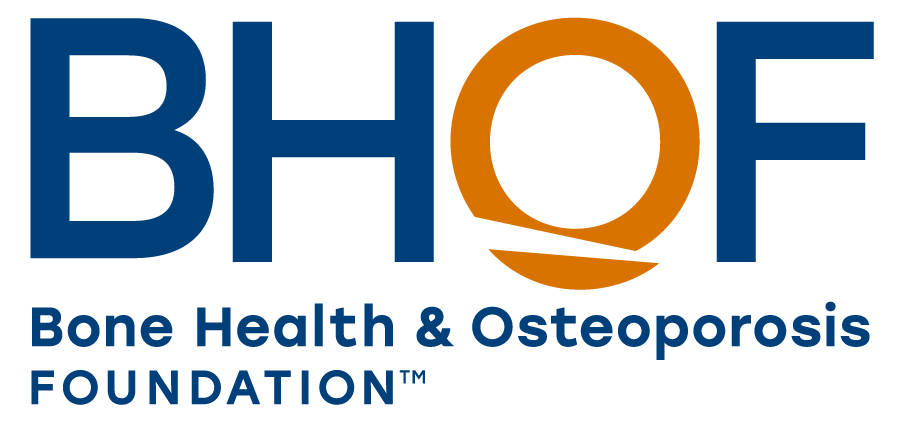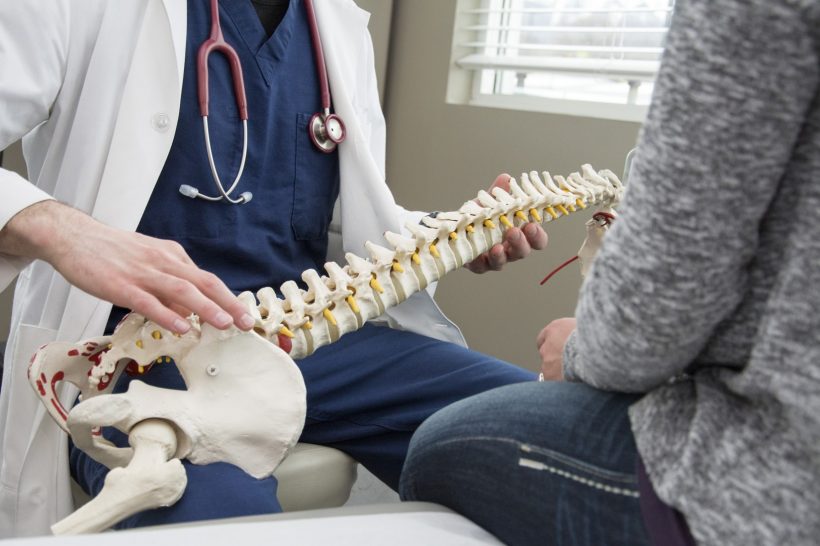What do you know about bone health? Do you think it’s something that only older people need to worry about? In fact, strong, healthy bones are a key part of a lifetime of wellness, and the choices you make early in life will affect your bones as you age.
Your bones are living tissue that need to be maintained just like your other organs and tissues. Not only do your bones support your body, but they also store important minerals like calcium. Your body constantly breaks down old bone and creates new bone; if you don’t create as much new bone as your body breaks down, bone loss occurs.
To begin with, you might not be born with strong bones. Genetics is responsible for about 62% of your bone density and quality. During your teen years, proper nutrition — including foods rich in calcium and vitamin D — and weight-bearing exercise help you build 90% of your bone mass by age 20. By the time you turn 30, you will have built all the bone you will ever have.
Risk Factors
Not enough people pay attention to their bone health until they have problems. More than 10 million people in the U.S. have osteoporosis, which is caused by bone loss. The condition has no symptoms until a fracture occurs, most often in the hips, wrist, or spine. These fractures cause pain, keep you from being active, and lead to further health problems.
Some medications, although necessary, can increase bone loss. Too much thyroid medication can increase risk of breaking a bone. Corticosteroids — prescribed to fight inflammatory conditions such as lupus, bowel disease, asthma, and arthritis – can also cause fractures and osteoporosis. Some common cancer treatments also can weaken the bones.
What You Can Do
How can you delay bone loss? Stay active with weight-bearing exercise that is right for your age and ability. Eat well, including foods rich in certain vitamins and minerals. Don’t smoke. Drink alcohol only in moderation.
Ask your doctor how the medications you take and health conditions you have might affect your bone health. Your doctor might prescribe calcium and vitamin D supplements. Your doctor may prescribe certain medicines to strengthen your bones if you have risk factors for breaking them.
How You Can Be Sure
Understanding your risk of breaking a bone can help you with next steps. Try the American Bone Health Fracture Risk Calculator™ to learn more. You can also tell whether you’re at risk of osteoporosis by getting a bone density test. Ask your doctor to explain what the results mean. If you do have osteoporosis, you should take steps to reduce your risk of falling. You might need to do exercises to strengthen your bones and increase your flexibility.
Above all, remember that you have the power to protect your bones and your health.
Posted: 4/9/19
As a service to our readers, American Bone Health provides access to our library of archived content. Please note the date of the last review on all articles. No content on this site, regardless of date, should ever be used as a substitute for direct medical advice from your doctor or other qualified clinician

